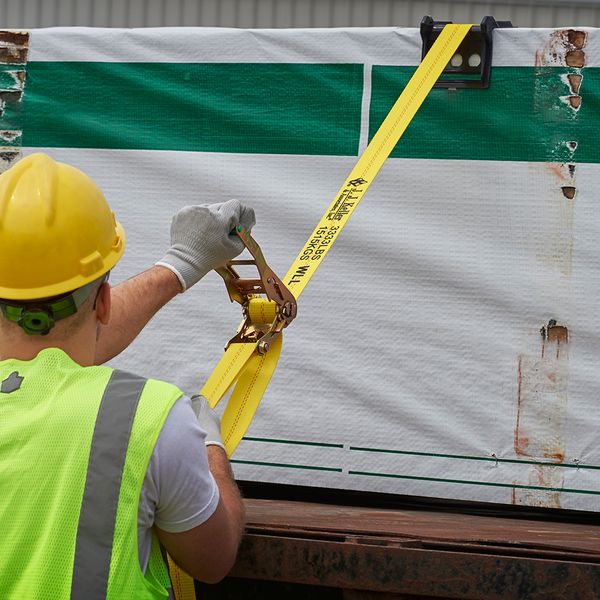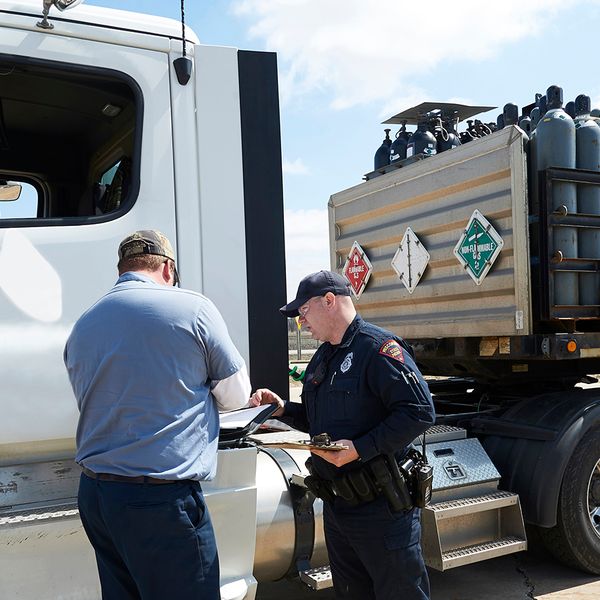Shift happens: Make sure drivers are properly trained on cargo securement
Tucked away in the driver qualifications regulations is a little-known reference to cargo securement.
It may seem out of place in 391.13, but motor carriers are required to ensure that drivers are fully qualified when it comes to cargo securement. They must know how to properly secure cargo by way of training, experience, or both.
When vetting a driver applicant, a Pre-employment Screening Program (PSP) report will show whether the driver has a history of cargo securement violations. The PSP report provides the past three years’ worth of roadside inspections.
Driver orientation would be an ideal time to provide training or refresher training, including seasoned drivers. Even if a driver has years of experience and knows the proper securement protocols, it doesn’t hurt to reinforce them and stress that they must be followed.
A scan of your roadside inspection reports will reveal your existing drivers’ knowledge and compliance with Subpart I of Part 383.
How often are carriers cited for cargo securement violations?
The top cargo securement violations found during roadside inspections in 2023 included:
- Over 13,000 citations for 393.100B, Leaking/spilling/blowing/falling cargo;
- Almost 7,000 citations for 393.110B, Insufficient tiedowns to prevent forward movement; and
- Over 6,500 for 393.104F3, Loose or unfastened tiedown.
Even though the number of citations may appear low in comparison to other vehicle-related violations, it is a serious risk. Inadequately or improperly secured cargo can result in deadly consequences.
Additional resources
To learn more on the topic of cargo securement, check out the following Compliance Network resources:
- Beware the ‘blind zone’ when unloading cargo
- Loaded and locked: Avoiding cargo securement compliance traps
- ezExplanation Cargo securement
- Compliance Institute Cargo loading and securement
Questions?
If you have a question on cargo securement or any other regulatory topic, we encourage you to reach out to our compliance experts using Expert Help. Our team of experts is always happy to assist.























































